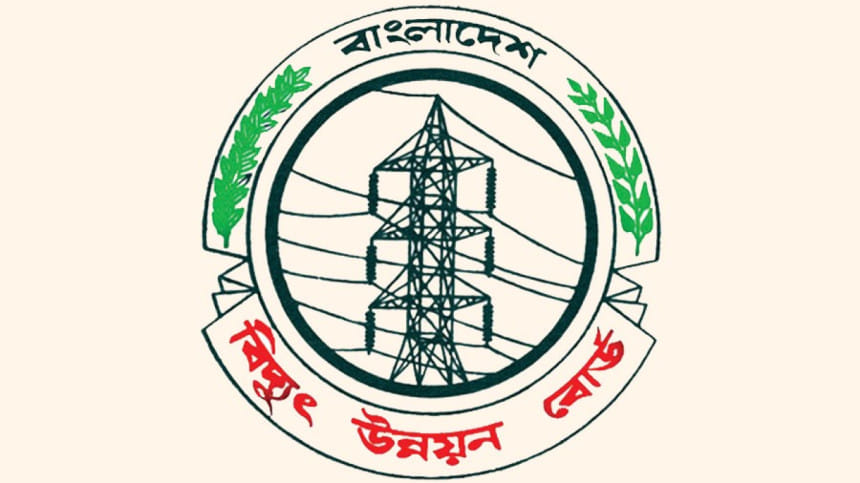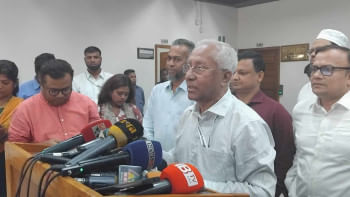PDB owes private producers Tk 25,000cr in unpaid bills

The government owes private power producers a total of Tk 25,000 crore in unpaid bills with some companies having unsettled payments for more than nine months.
The Bangladesh Power Development Board, the main buyer of electricity from privately owned plants, is hamstrung with a fund crunch and mounting losses.
"The PDB makes small partial payments each month from their revenue collection and support from the finance ministry," Faisal Khan, the president of the Bangladesh Independent Power Producers' Association, said in an interview with The Daily Star.
The dues are building up because of the non-release of the budget approved in the national budget for the power sector, Khan said.
Khan said the government is working on various solutions to pay the huge receivables. "We welcome the government's attempt to find any solution."
A one-off arrangement is required to save the electricity generation sector, he said, suggesting the PDB or the government issue bonds to raise funds.
The government has issued bonds in the past to raise capital for projects and various other investments.
The Power Division sent a letter, dated December 11, to private power producers, asking them to submit bills.
Speaking to The Daily Star yesterday, Mohammad Hossain, director-general of the Power Cell, termed the owners of the IPPs as an extended family of the power ministry.
He said: "IPPs have been getting payments regularly for the last 10 years. They also know that the government is going through a challenging situation. They are getting payments but it takes time. We hope everything will be fine."
He said the country is going through the challenges that were created due to the Ukraine-Russia war and Covid-19.
"The challenges will remain this year too. But we never let our consumers feel it. We will not burden our customers no matter how deep the challenges are."
The government plans to generate about 17,500 megawatts of electricity this year, he said.
As the fund crunch persists, the government plans to cut the imports of high-sulfur fuel oil (HSFO).
Bangladesh's imports of high sulfur fuel oil are likely to decline in 2024, after dropping about 11.5 percent year-on-year in 2023, pressured by a persistent scarcity of funds and substantial payments outstanding from the government to importers, S&P Global said in a report, citing industry sources.
The fund crunch was also the main reason behind lesser HSFO imports by the private sector in 2023, compared with 2022, when the government banked more on HSFO for power generation as it halted spot LNG imports for seven months between July 2022 and January 2023 due to higher prices.

 For all latest news, follow The Daily Star's Google News channel.
For all latest news, follow The Daily Star's Google News channel. 



Comments